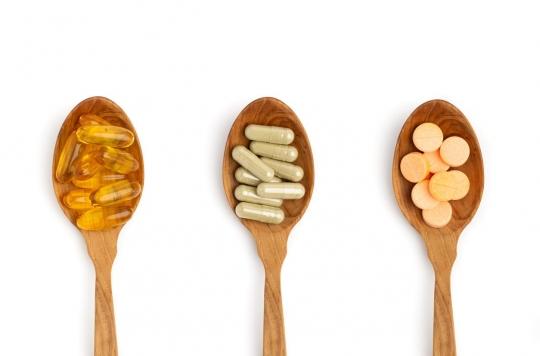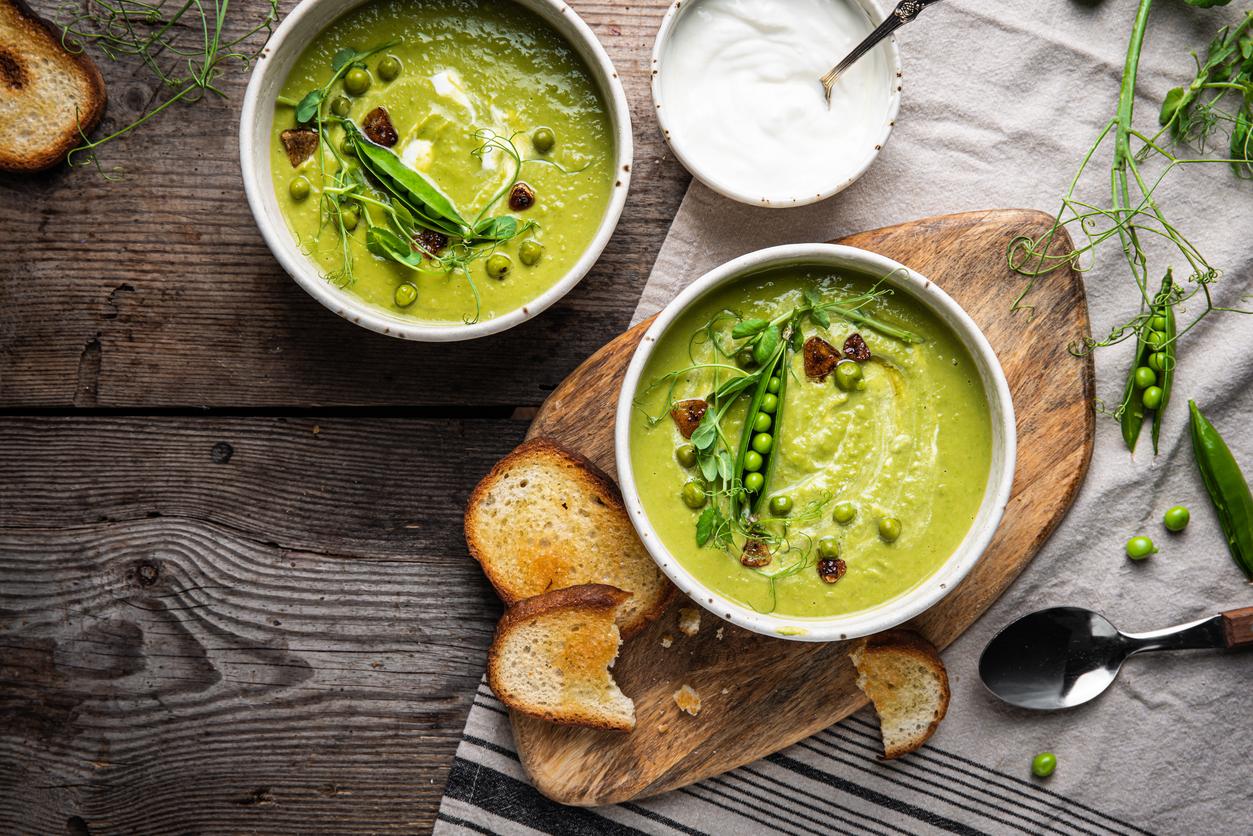While more and more French people tend to jump on vitamin-based food supplements in winter, their effectiveness is far from proven and an overdose can be dangerous. Better to eat three times a day in a balanced way than to rush to pharmacies, assure nutritionists.

The days are getting shorter, the sky is getting cloudy and we are starting to feel tired and sick. In the hope of regaining some energy, many of us flock to vitality supplements in pharmacies. So much so that this business represents an annual turnover of 147 million euros in France. Yet these supplements are not of much use warns 60 Million consumers in a special issue Food supplements. Worse still, they can lead to potentially dangerous side effects in overdose, nutritionists remind.
If it has already been proven many times that vitamin C contributes to the functioning of the nervous system and vitamin A to the maintenance of normal vision, treatment is not really necessary. Indeed, “there are few proven deficiencies in the French population apart from the poorest groups”, explains Mathilde Touvier, director of research at the National Institute of Health and Medical Research (Inserm) to the magazine. . But the poorest groups are not the ones who are going to spend money on food supplements. The study Nutri-Net-Health of Inserm reveals on the contrary that “it is those who eat the best who consume supplements”.
And even if there are deficiencies in vitamin C, due to a diet that is too rich in sugar, fat and protein, it is better to get this nutrient from fruits and vegetables than from food supplements. Especially since the latter are not neutral. Too much vitamin C can for example lead to diarrhea and abdominal pain or even an increased risk of kidney stones.
Beware of self-medication
“The need for vitamin C is 80 to 100 mg per day. If you give 500 mg every day for months, which incidentally was the big theory at the time for treating infections, it may be too oxidizing in particular metabolic conditions”, explains Patrick Serognutritionist doctor interviewed by Why Doctor.
Vitamin A (or retinol) and E are not recommended for pregnant women because they can cause congenital malformations of the fetus. Finally, an excess of vitamin D can stunt a child’s growth.
According to 60 Million Consumers, a Finnish study of more than 40,000 women also showed that the risk of mortality increased with long-term vitamin and mineral intake. Other work, carried out by the American National Cancer Institute, had to be interrupted after seven years because selenium and vitamin E supplementation led to a 17% increase in the risk of developing prostate cancer. “It is also for this reason that no public health organization recommends vitamin cures in self-medication”, notes Mathilde Touvier who recalls that the key is in food and not food supplements.
Vitamin and mineral supplements may be needed for dieters
The supply of vitamins and minerals works better through food than by ingesting a tablet because the latter does not have “the matrix required to pass the intestinal barrier”, confirms Patrick Sérog. “It’s a question of transport. We have been adapted for millions of years to better transport these vitamins and minerals in a food matrix, which will undergo a series of transformations, than in a compressed matrix”, he continues.
However, it happens that some people refuse to eat enough because of a diet. In these cases what to do? “A food supplement, as its name suggests, is a supplement to food. They are useful only when the diet of subjects is deficient in nutrients. Whether in macro nutrients, micro-nutrients or trace- Someone on a 600 calorie a day diet can’t get all the vitamins and minerals they need, so sometimes I prescribe supplements to people who eat very unbalanced and don’t want to change their diet. diet,” says the nutritionist. On the other hand, “for other people, who follow diets beyond 1200 calories and more, there is no reason to give tablets”.
And if the patient eats badly but is ready to change his habits, “I will rebalance his diet by providing him with enough protein, minerals and vitamins through food. A real meal consists of a certain number of “Foods that must be eaten: vegetables, cooked or raw, a source of protein, animal or vegetable (mixing the best is better), dairy products and fruits”. And the nutritionist concludes: “Eating three meals a day is enough. If you do that, what more could you want? It’s already great”.
.

















